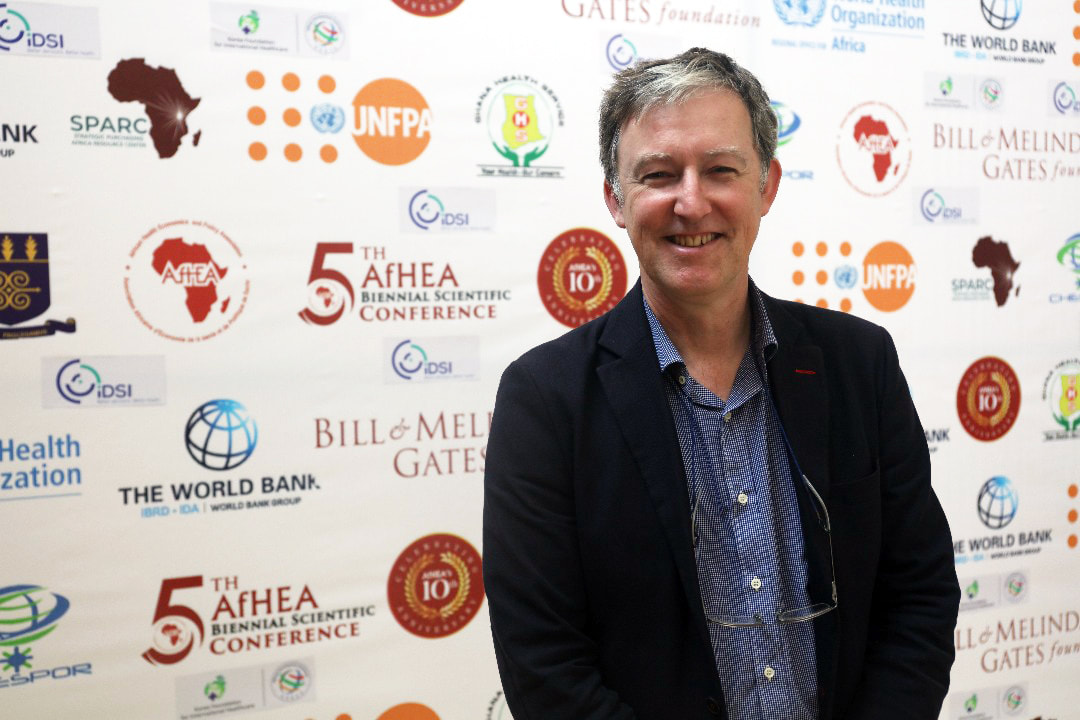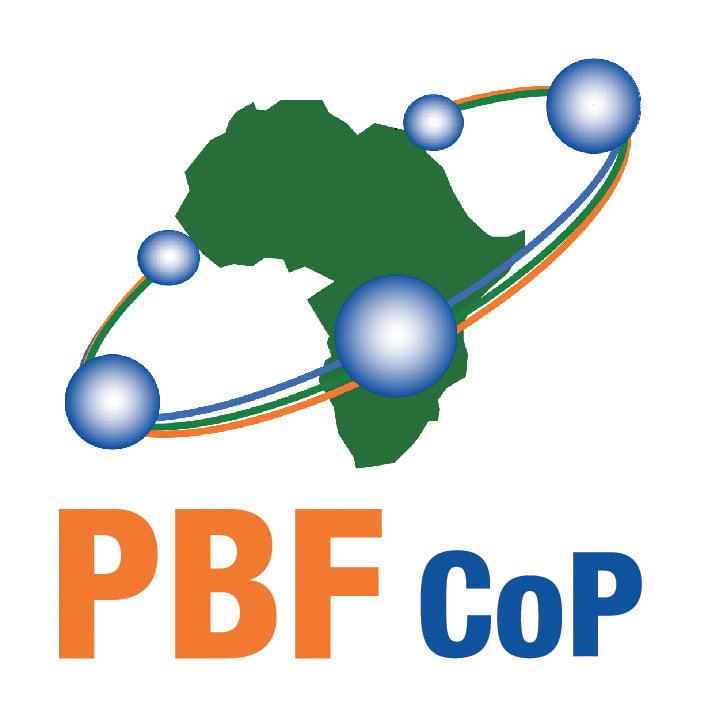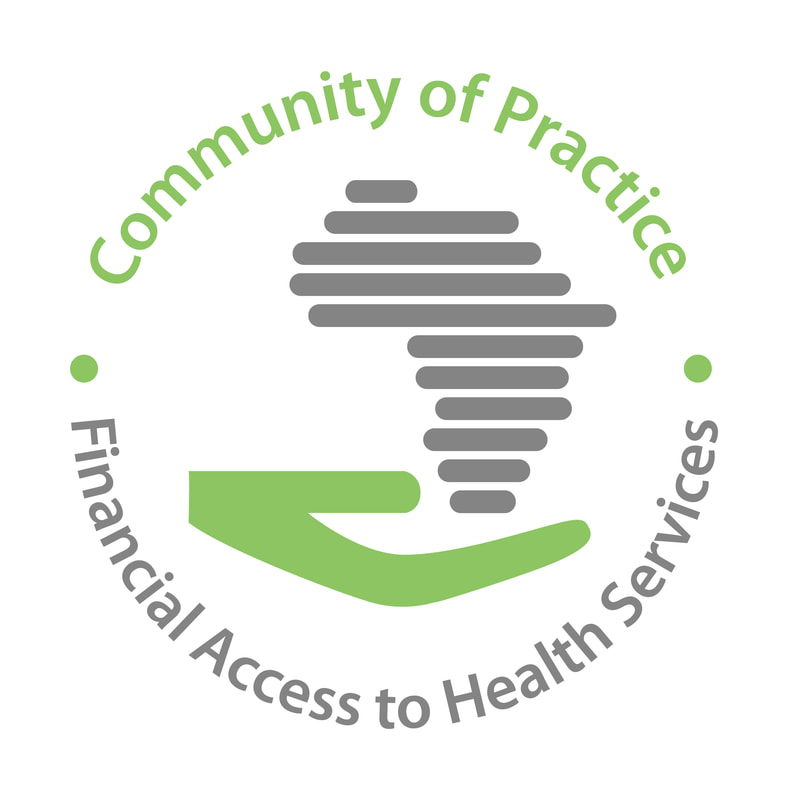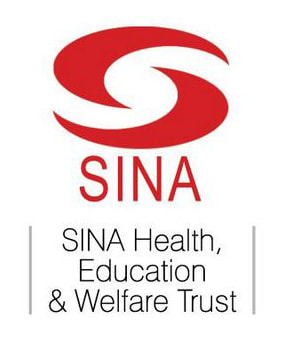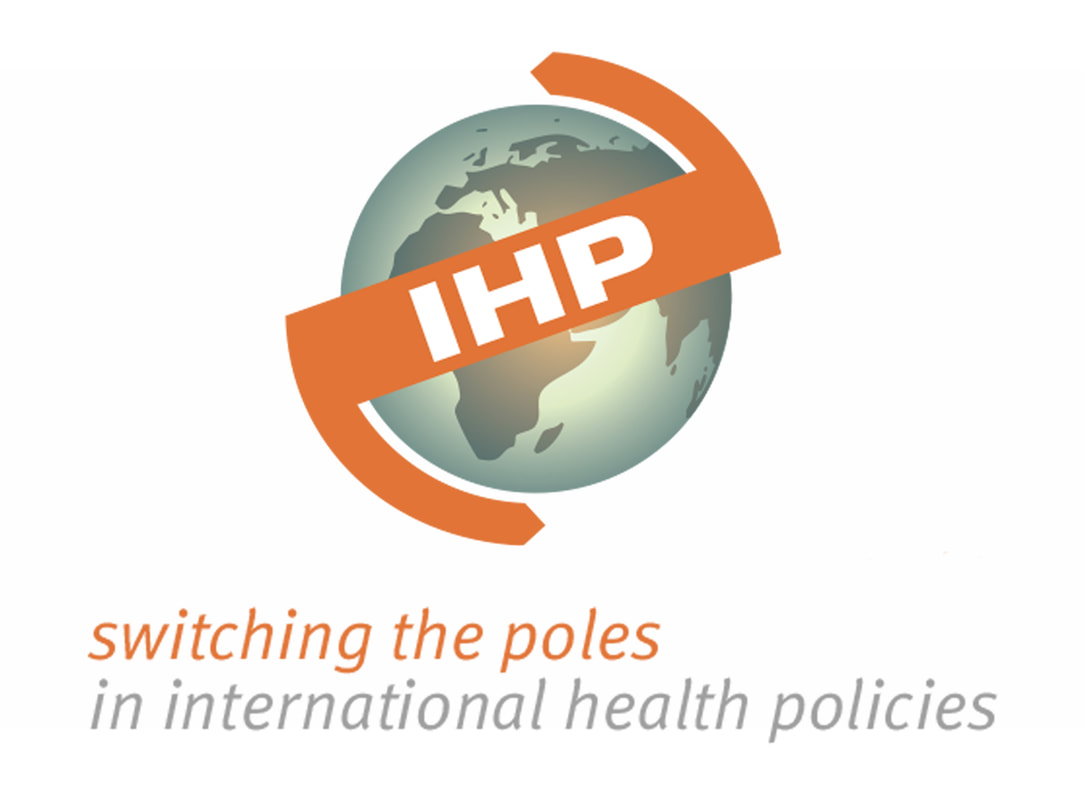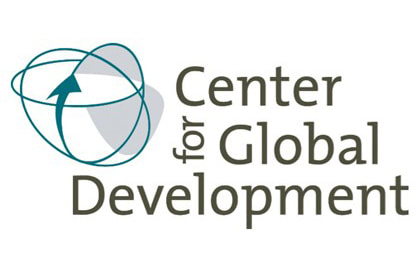Last December, the WHO released its Health Financing Progress Matrix (HFPM), a new tool to assess country health financing systems against a set of evidence-based benchmarks, framed as nineteen desirable attributes. Each attribute represents one critical element of a health financing system and signals the direction in which institutions, policies and their implementation need to develop in order to make progress towards universal health coverage (UHC). Health Financing in Africa has interviewed Matthew Jowett, who leads this program of work at WHO Geneva.
Matthew Jowett: Excellent question; there is always a risk that as more and more information and guidelines are produced, the harder it becomes for people to digest. We hope the matrix adds value by crystallizing all our thinking into one overarching product – this is the first time we have developed a standardized, largely qualitative assessment of health financing systems. In this sense the HFPM is not just a new, separate product, but rather one that distills into one place the key thinking across all our work. We think that the HFPM will help to communicate our ideas and recommendations more clearly, facilitate focused discussion and prioritization of future policies, and of course provided a standard approach to monitoring progress over time.
Some of the previous frameworks have not been used systematically by countries. What makes you think that countries will be more interested in this tool? Do you have any specific actions planned for countries in this regard?
WHO’s work has always focused on “how to think about health financing”, supporting countries to ask the right questions, which is easier said than done, but essential for the development of reforms which work. This product goes further, based on the belief that we currently know a lot about what matters and what works in health financing for countries to progress towards UHC. This is not to say a country must do x, or y, but we know a lot from global experience about the direction of travel which matters if countries really want to deliver on UHC; this knowledge is summarized in the HFPM.
In terms of specific actions for countries, this can only be defined locally, and we are in discussion with a growing number of countries about how the findings of a matrix assessment can feed into their annual policy cycle process. We are also discussing with several technical agencies the potential to use HFPM assessments in their own planning processes, as well as to further improve coordinated technical assistance .
The HFPM is supposed to allow country assessments to be produced within short timeframes and more frequently. What would be the ideal periodicity for conducting assessments? Do you think that it is relevant to some specific moments in the policy cycles?
Our vision is that the HFPM could be updated annually; it is pitched as a tool which captures only the core aspects of health financing which matter, with other assessments required for deep-dive diagnostics on specific topics. This focus means that the HFPM is shorter than other, more comprehensive assessments, and hence can be conducted more frequently. By capturing shifts in policy directions, and assessing whether these are consistent with benchmarks of good practice, the HFPM can provide more frequent feedback to policy makers, rather than waiting five years for the next assessment. Ideally, HFPM assessments are used to feed into annual sector review processes; beyond this, they can of course directly feed into the development of health financing strategies, mid-term reviews etc.
An innovation that follows the HFPM is the global knowledge database where assessments would be uploaded. Can you tell us a bit more about it? Who will manage this platform on a daily basis?
The global knowledge database (not yet public) is currently managed by WHO. It provides a way for countries to see, in a structured and clear way with dashboard visualizations, areas of strength and weakness in their health financing systems; that means, policies, processes, as well as governing institutions. Countries can also see how others are performing, easily identifying their areas of strength and weakness. Once those issues identified as a priority for attention, a country can use the database to look at other countries which are doing well on this area, and see what policies and processes they have developed, and have in place which are working. This cross-fertilization of ideas in a very systematic manner, rooted in evidence, has a lot of potential for learning; note that we do not give an single overall score for countries, or any form of ranking, as we don’t believe this is helpful.
The guidance document of the HFPM also mentions that the global knowledge database could serve as a knowledge-sharing and a cross-country learning platform. For this to happen, country experts would need to communicate with each other; there will also be a need for some facilitation of the learning agenda. What are your plans at this level?
As mentioned above, there is extensive scope to use the database of HFPM assessments for the cross-fertilization of ideas between countries. We will incorporate the learning from assessments into our various capacity building products, including our first facilitated online advanced course to be launched in 2021. We also plan to build a community or practitioners around the HFPM to review trends across countries, draw out messages, discuss and debate, and to continually refine the desirable attributes of health financing which form the foundation of the HFPM. But we need partners to bring ideas and innovation to this agenda; indeed, this will be critical to make the most of the knowledge being generated.
My understanding is that senior health financing expertise will be a key resource for the production of the HFPM. In many low-income countries, the required technical human resources may be lacking. What are the plans for overcoming this constraint, at short and long term?
The HFPM is a technical assessment rooted in evidence and established concepts, which gives it the credibility it needs to be both objective and valued by countries. At the same time, a certain level of health financing expertise is required to conduct and complete the assessment, for example to interpret each question in light of the local context. We are committed, however, to using local or regional investigators to implement the HFPM; this is a fundamental principle of how we want to work, and we will provide the necessary backup support during the assessment process. What is clear, however, is that over the past twenty years domestic capacity in health financing has increased massively in many countries – there are now leading lights in the field of health financing in Africa and around the world; however, there is always room to improve and to learn in both directions, and so the plan is to set up small teams of experts to support the assessment process. Some countries have already used the HFPM as a basis for capacity building, generating discussion on the underlying concepts, which is a really positive development; we will also use it as the basis for course work in our new course.
The HFPM has been piloted in 20 countries. What were the main challenges you encountered during these tests? How could countries overcome them and what support could WHO or other technical and financial partners provide? What advice can you give to countries that would like to apply it?
There were many challenges during the pilot period, from the data collection template which was tricky to use, to a lack of detailed guidance on the implementation process. We also found that in a few cases local capacity was limited, although as mentioned earlier, in most cases we now find excellent health financing experts. There was a lot of variation in how assessments were conducted, with a number using the process to bring together the ministry of health and partners for discussion, while in other countries assessments were conducted by WHO staff. With the launch of HFPM 2.0, we now have much clearer recommendations on the implementation process, including a two-stage review to ensure the quality of assessments. We also received feedback regarding the need for greater technical guidance, which triggered the development of the Country Assessment Guide, a document we are quite proud of, but which can still be significantly improved, and will be continually developed as we learn from implementation.
Any country interested in applying the HFPM should contact WHO, either through our country office, regional or headquarters office, or our website, and we will connect the dots and help to take things forward.
On January 28th, the WHO and P4H organize a webinar about country implementation of the HFPM. You can register here.
